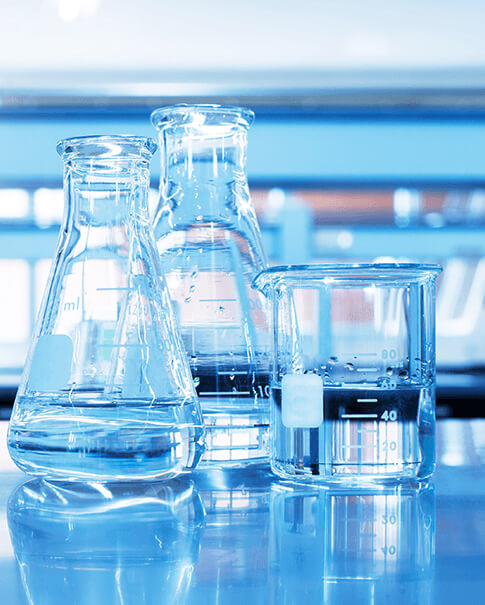What Are You Looking For?

What is nonionic polyacrylamide?
Jun 17, 2024Nonionic polyacrylamide (NPAM) is a type of polyacrylamide polymer that does not carry any ionic charge when dissolved in water. Polyacryide is a synthetic polymer composed of repeating units of acrylamide. It is widely used in various industrial and environmental applications due to its high water solubility and versatile properties.
Unlike anionic or cationic polyacrylamide, which have negatively or positively charged functional groups respectively, nonionic polyacrylamide lacks any charged functional groups. This characteristic makes NPAM less sensitive to variations in pH and electrolyte concentration in the surrounding environment.
Nonionic polyacrylamide is commonly used as a flocculant, thickening agent, and stabilizer. In wastewater treatment, it is utilized to flocculate solids, such as suspended particles, organic matter, and sludge, allowing their efficient separation from water. NPAM can also be employed in the papermaking industry to improve paper strength and retention of fines. Additionally, it finds application in the fields of mining, oil and gas exploration, agriculture, textiles, cosmetics, and others.
One of the advantages of nonionic polyacrylamide is its low toxicity and environmentally friendly nature compared to certain other polymers. However, as with any chemical substance, proper handling and adherence to safety guidelines are essential to ensure its safe use.
Tags :